

Despite late start in NASCAR, Bill Lester helped pave the way for other Black drivers
<!–>
Bill Lester knew his debut weekend in the NASCAR Cup Series could go one of two ways when he went out to make his qualifying lap 18 years ago at Atlanta Motor Speedway.
“I was either going to make it or I was going to fail miserably,” Lester said. “Quite frankly, I wasn’t going to leave anything out there.
“I put it all on the line. And thank goodness, it all worked out. The thing stuck [without spinning].”
Lester qualified for his first NASCAR Cup Series race in 2006 at Atlanta, where the series heads to this weekend. Nine drivers went home after qualifying for that race while Lester started 19th on the grid.
ADVERTISEMENT
For many young drivers, making their Cup debut is an accomplishment and also the start of the beginning. That wasn’t the case for Lester. He wasn’t by far a young driver. He was 45 years old.
Lester quit a job as a software engineer at Hewlett-Packard to focus on racing full time. He has a unique story of a love of racing that brought him to NASCAR and when he started that Cup race in 2006, he was the first Black driver to start a Cup race since Willy T. Ribbs in 1986.
With 143 starts in the truck series, two in Cup and one in Xfinity, Lester’s 146 national series starts are second only to racing pioneer Wendell Scott (495 Cup starts from 1961-1973) among Black drivers who have competed in NASCAR.
“I really thought he was a classy person,” said Brad Keselowski, who competed against Lester in trucks. “I had a lot of respect for him. He came into motorsports at an older age than what most drivers do. … He had raw speed.
“I always wonder what would have happened with him if he started earlier in his life. Because take somebody with the raw speed that he had and start earlier in their life where you can shape their race craft, there’s a high probability of success. He didn’t get that opportunity but he made the most of the opportunities that he did get.”
Brad Keselowski and Kyle Busch commend Bill Lester on a successful career despite starting later in life
–>
Lester pretty much agrees with that assessment. He wonders, too. Raised in California, his roots were in road racing and sports cars.
“I always have to wonder, what would it have been like had things been different, but that’s something that I have no control over,” Lester said. “And I did the best with what I had. The opportunities that were provided to me, I feel I maximized them.
“But, sure, it would have been great to know what it would have been like to race a stock car with lots of experience going into the deal at the NASCAR level -— as opposed to, ‘OK, there’s your there’s your truck, sink or swim?’”
Learning when to brake and how to maximize speed in the turns was a challenge for Lester as well as how the car would change throughout a fuel run.
“In sports cars, you’re trying to be the last of the late brakers,” Lester said. “You’re trying to beat everybody into the corner. In stock car racing, you’re trying to beat everybody off the corner. So it was a whole different mindset there and a whole different technique.
“I was standing on brakes when I was coming into NASCAR and using them up too fast. And I remember when [driver and team owner] Bobby Hamilton was telling me, ‘You can’t stop these things on a dime. You got to let them roll. You’ve got to get out of the power a little sooner and everything.’ I went in there [with the throttle] to the nth degree back in a sports car, and then tried to translate that to a stock car. And it didn’t apply.”
Lester can’t regret much. He chased his dream, which he always had even as a student at the University of California-Berkeley.
His parents knew about the dream and never dissuaded him from it. But it wasn’t like they could support a racing career.
“My mom would have been much happier had I gone and done something a little less risky,” Lester said. “But [my parents] knew that engineering was a ways to a means — it was a tool that I used so that I could go racing.
“My parents knew nothing about professional racing, motorsports, or NASCAR in particular. And so they said, ‘If you’re going to realize this dream of yours, you’re going to have to get yourself an education that will allow you to go and race.’ And so that’s what my engineering degree was primarily about. Effectively, as soon as I could afford to buy a race car, that’s what I did.”
‘I never let that deter me’ – Bill Lester speaks on overcoming doubt in pursuit of professional racing dreams
And once he got a race car, he started entering amateur road-racing events, eventually showing enough talent to attract the attention of team owners.
He certainly had doubters from the moment he got on the track at Sports Car Club of America races.
“There was a lot of discouragement even from my first amateur road racing experiences in SCCA,” Lester said. “Folks were looking at me like, ‘Who is this guy? And why are you here? You guys don’t race’ and that sort of thing.
‘I heard the boobirds and they naysayers, but I never let that deter me. I thought it was really just negligence and naivety on their part. But I had a self-belief that was very strong. I believed that I was given a gift to race, and it was up to me to realize it.”
Throughout his rise, he could certainly feel the eyes on him for his age and his skin color. His presence wasn’t embraced, he said.
“There weren’t many Blacks that were out there racing,” Lester said. “The majority were saying that, ‘You guys don’t race. You do stick-and-ball sports.’ For somebody of my ethnicity to come out there and racing, that was something was unusual and unheard of.”
Lester wanted to race against the best, and that is what attracted him to NASCAR. He got his break in 2001 through Dodge, which put him with Bobby Hamilton Racing. He moved to Bill Davis Racing after a few years and also made that Cup debut for Bill Davis. He drove for Billy Ballew later in his career and came back at age 60 in 2021 for one final truck start at Atlanta.
He had three poles, two top-5s and seven top-10s in 143 starts. His best finish in truck points was 14th in 2003.
“Starting out as a full-time professional race-car driver at 40 years of age is something that’s fairly unheard of,” Lester said. “I didn’t have that going for me. So I wasn’t going to have a long career. But I’m glad that I had it.
“Just the whole deal of a Black guy from the northwest [in California] coming to the southeast to race in NASCAR, no oval-track experience, no short tracks. I started out in amateur road racing on road courses and came over here to try to throw my name in the hat. And I learned at the deep end.”
Kyle Busch, who also raced against Lester, remembers one specific thing about him.
“Bill was always a great qualifier,” Busch said. “Wherever we were, he would just put it to the mat and no matter what, he would hope it stuck or make it stuck. I don’t know which.”
Lester answers: “You can’t make it stick. You pretty much hope it sticks. You have a lot of belief in what your team has set up for you and you have a good sense of your own abilities of car control.”
Lester spends most of his time these days as an inspirational speaker and also has told his story in a recent motivational memoir, “Winning In Reverse,” about how he became a professional race-car driver at an “old” age.
His story also is a testimony to how representation of diverse drivers matters.
“I remember selecting Bill Lester on one of the NASCAR games [as a kid],” said Bubba Wallace, the only Black driver in the NASCAR Cup Series. “And I didn’t think about it until maybe a year or two ago how representation matters. I was like, ‘I’m going to race as Bill Lester.’”
Wallace and Lester talk occasionally.
“He’s a massive supporter of mine,” Wallace said. “I appreciate him. He understands it. He gets it. And he keeps me motivated for sure. … [He tells me] to drive fast, don’t listen to the noise and keep putting the haters down.”
Lester cites the impact of Tiger Woods and the Williams sisters in other sports, and NASCAR needing drivers who can do the same.
“When I saw NASCAR, when I was really young, I saw a bunch of white drivers that didn’t look like me didn’t sound like me,” said Lester, who lives in Atlanta. “I didn’t have a southern drawl. Still don’t. And I saw a bunch of Confederate flags that I didn’t really gravitate to.
“But for somebody like Bubba to see me was big. For somebody like me to see Willy T. Ribbs race when he did, especially in the IndyCar Series, was big. And needless to say, Willy stood on the shoulders of Wendell Scott. So representation absolutely matters. When you can identify with somebody you can relate to, it goes a long way.”
There still are only two full-time Black drivers in NASCAR — Wallace and truck series driver Rajah Caruth.
Lester says that is for two reasons — exposure and opportunity.
“You have to be exposed to the sport at a young age,” Lester said. “And by and large, most African-American families aren’t watching motorsports. Or if they are, they’re doing in the closet. … [And] in the African-American community by and large, there aren’t that many people that are out there with go-karts running around at a young age and stuff like that.
“Even if they are, they’re not doing it typically or driving them on the street, they’ve got to go to an actual venue to do it. And so that requires resources, that requires money and it’s a huge expenditure I don’t care what color you are, what gender you are, to become a race-car driver.”
Most people can’t make that expenditure to get to the top levels in NASCAR. It requires sponsorship.
“By and large, corporate America has not embraced Black race-car drivers,” Lester said. “That’s been a very difficult, sore subject. … The playing field is not level. Until that changes, there’s not going to be a huge influx. But I’m hopeful and optimistic.”
With the Cup Series going to Atlanta, it will bring back memories for Lester. He finished 38th in that Cup debut, but it still remains the highlight of his career.
“That was a culmination of all the hard work, the dedication, the sacrifice, and everything that both my wife and I went through so that I could live my dream,” Lester said. “When you race on the grandest stage of American motorsports, that is really my biggest accomplishment.
“I’ve had some pole positions in the trucks. But all the eyes, it seemed like, were on me at Atlanta Motor Speedway and the pressure was immense. I had to show that all the sacrifice was worth it, [that] I had the skill, I had the ability. And I proved it.”
Bob Pockrass covers NASCAR for FOX Sports. He has spent decades covering motorsports, including over 30 Daytona 500s, with stints at ESPN, Sporting News, NASCAR Scene magazine and The (Daytona Beach) News-Journal. Follow him on Twitter @bobpockrass.
–>
recommended

Get more from NASCAR Cup Series Follow your favorites to get information about games, news and more
Continue on Despite late start in NASCAR, Bill Lester helped pave the way for other Black drivers on Fox Sports.
+ Read more articles on Fox Sports

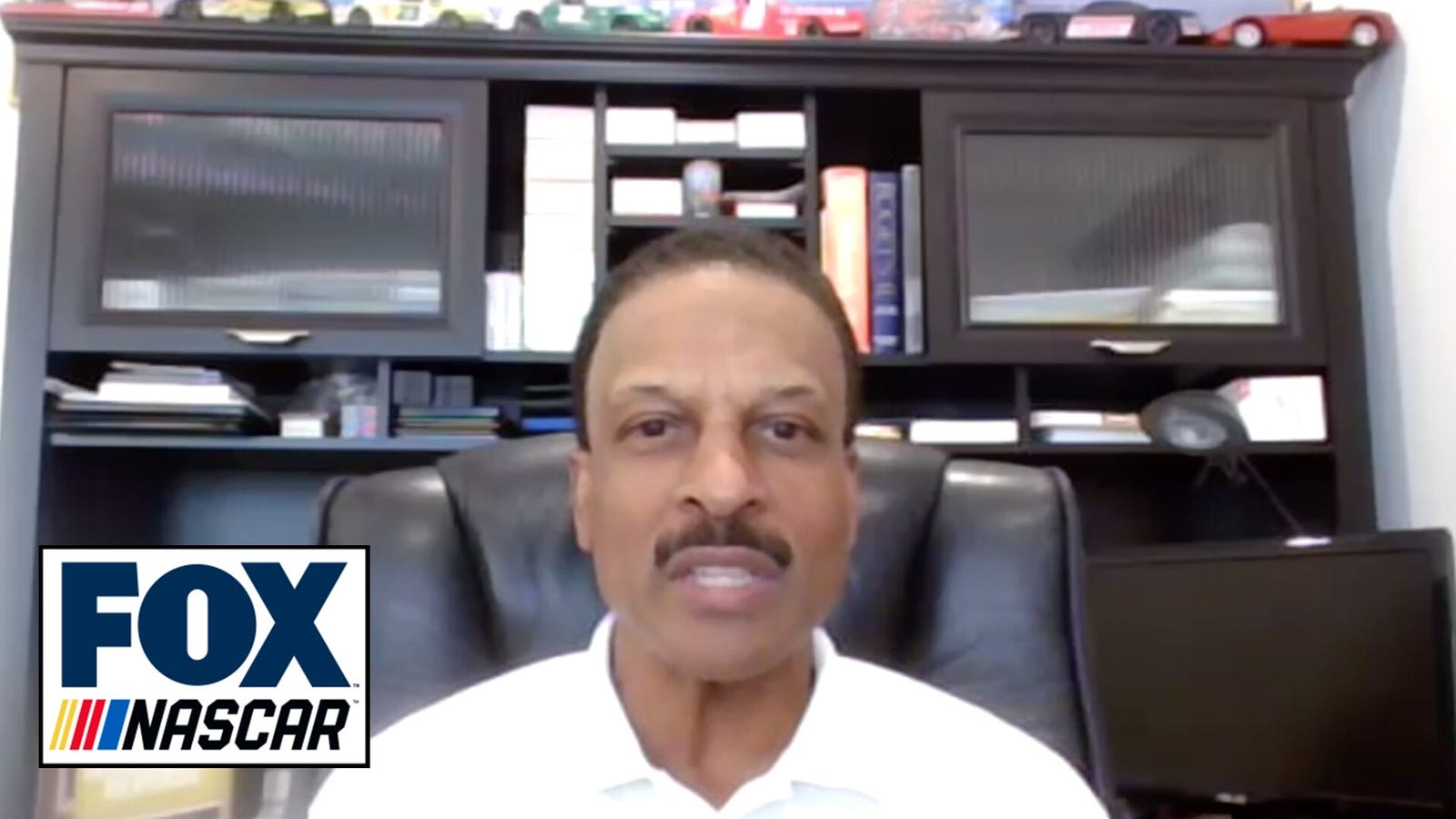
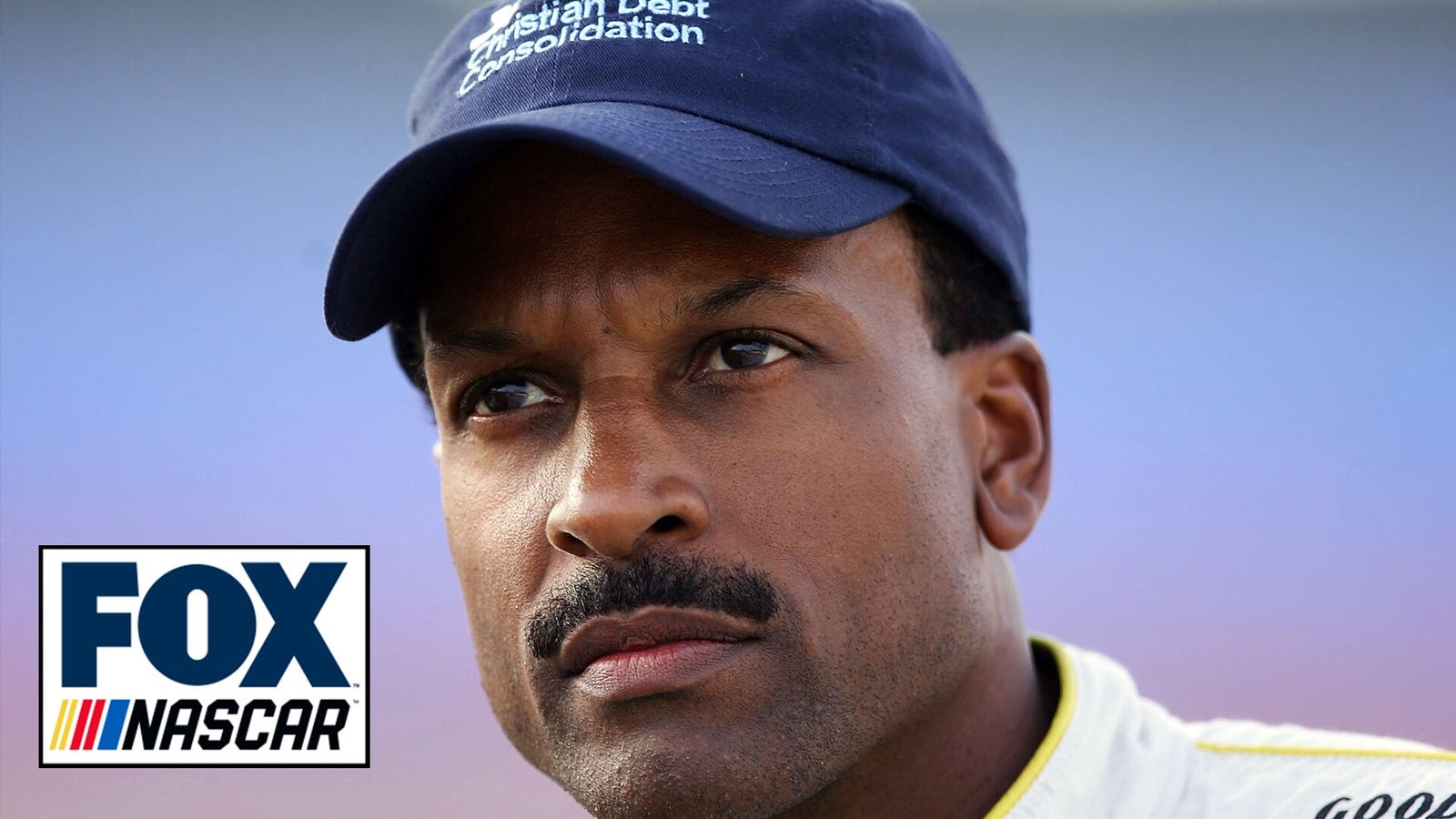
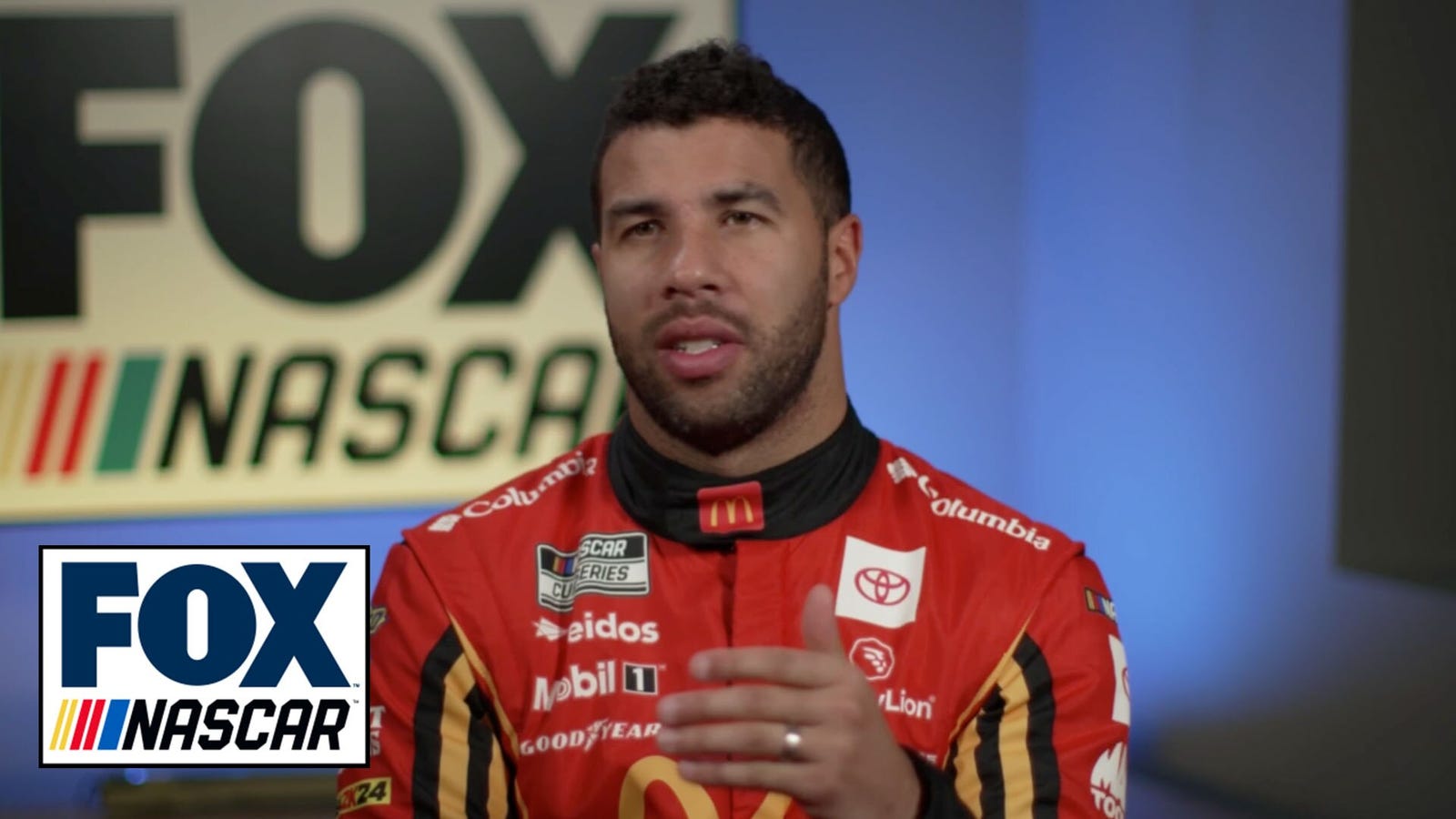


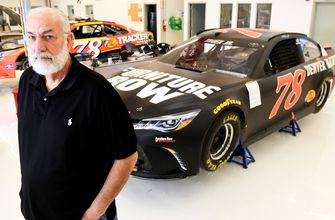

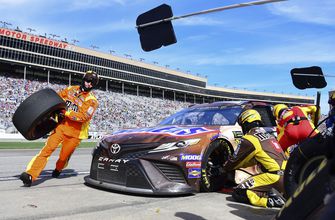
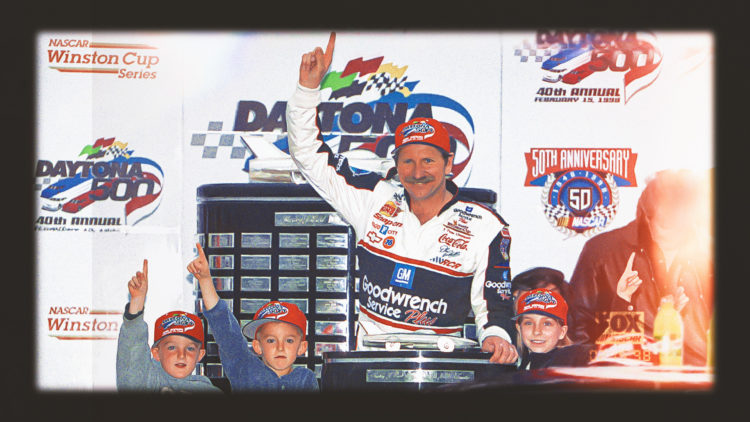
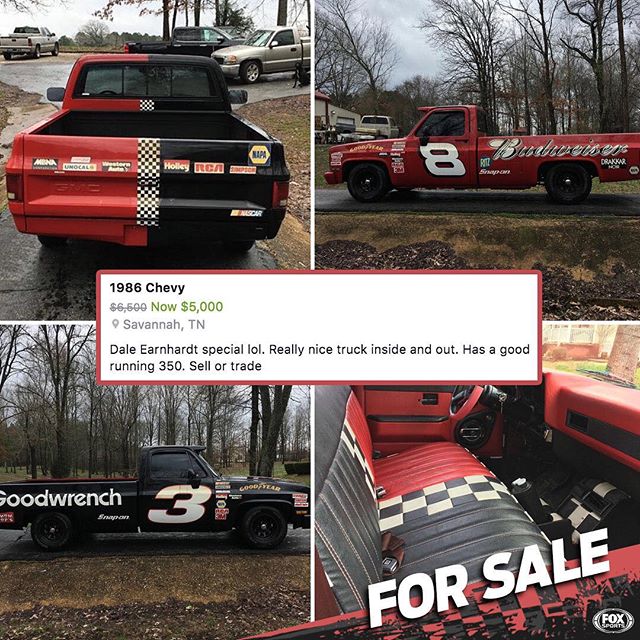
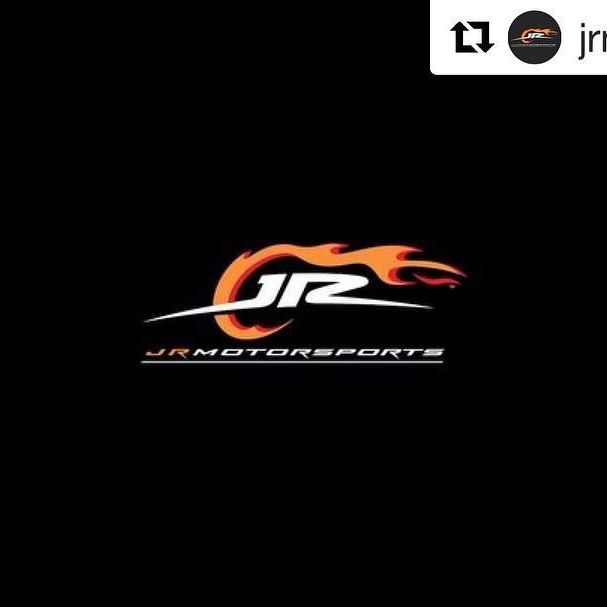
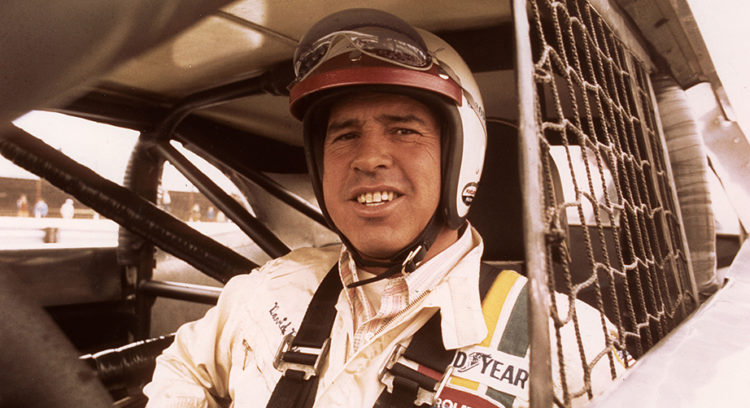

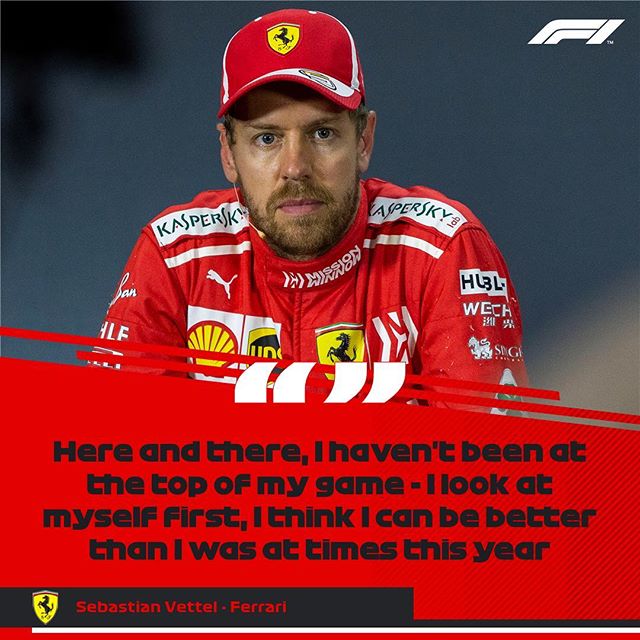
Leave a Comment